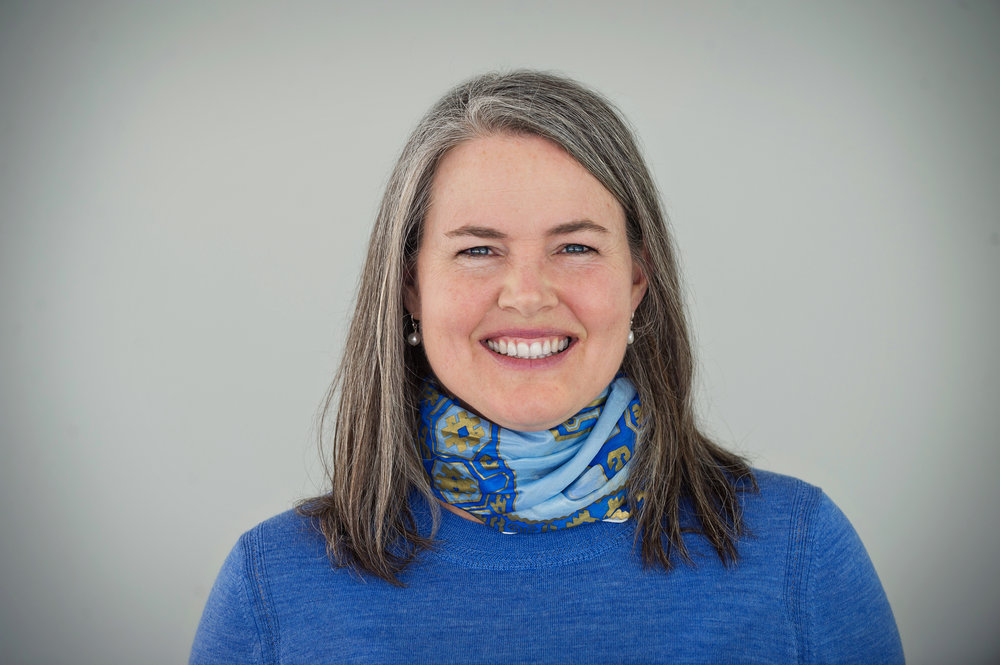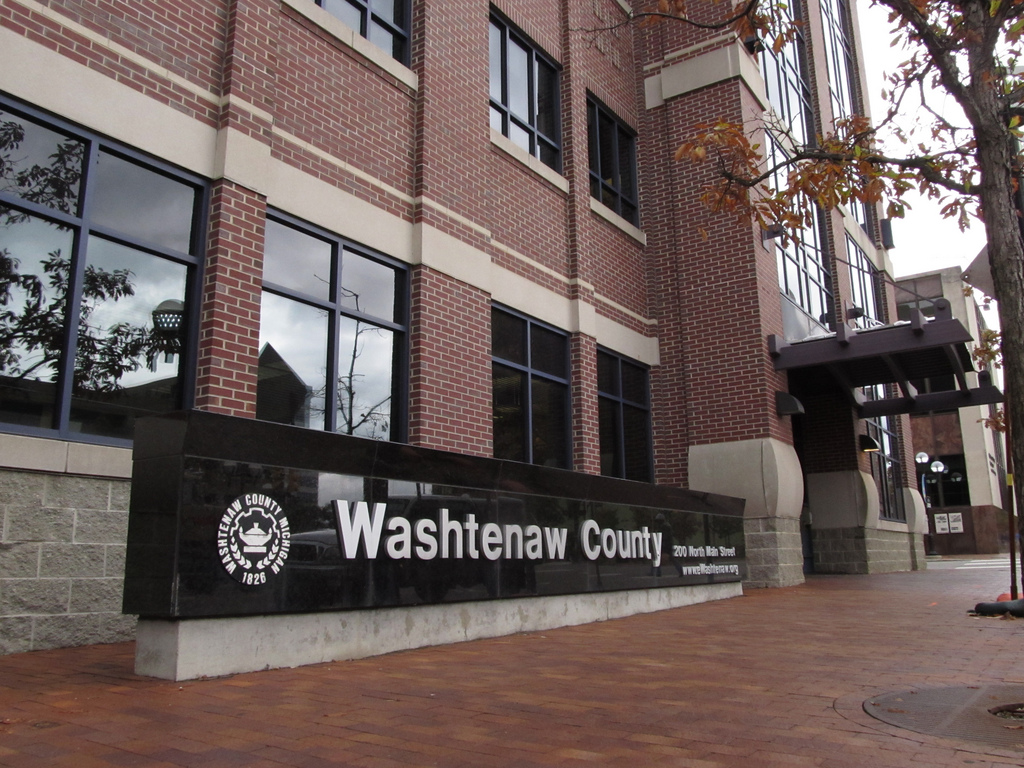County Commission Passes Emergency $75K in Funding to Help Women Made Homeless by SafeHouse
At an October 6, 2021 meeting of the Washtenaw County Board of Commissioners, County Administrator Greg Dill informed the Commissioners that there would soon be an announcement about “interim leadership” at SafeHouse Center. Dill not only oversaw the construction of the county building in which SafeHouse is housed, he sits on the shelter’s Board of Directors. Dill’s announcement came on the heels of a conversation about SafeHouse between County Commissioners that ranged from diverting county funding away from the non-profit, to unanimously passing a last-minute resolution that allocated $75,000 to provide services to the women and children SafeHouse Center had evicted in August and September 2021. In the case of several of the women, they had been summarily evicted in retaliation for speaking to The Ann Arbor Independent.

The resolution permits the $75,000 in funds to be used for specific support services, housing, transportation, food, medical expenses, protection and attorneys fees:
“BE IT FURTHER RESOLVED that allowable expenditures include, but are not limited to, sheltering in a hotel rated three stars or greater, transportation including car payments and fuel, rent, legal expenses – including reasonable private attorney expenses, cash for incidentals, transportation, childcare, children’s needs, medical care, clothing allowance, counseling, therapy, food, safety planning, or other expenses necessary for the safety, comfort, and well-being of survivors and their dependent children as survivors work toward independence.”
Records show that to date in 2021, Washtenaw County has handed over $233,000 to the Domestic Violence Project (SafeHouse Center). The bulk of those funds have come from the Office of Community Economic Development. Public records show that Eli Savit, Washtenaw County Prosecutor, pays consulting fees to the non-profit. In 2019, the County paid the Domestic Violence Project $279,016. That amount included a $10,000 payment from the Washtenaw County Sheriff for “operating supplies.” Sheriff Jerry Clayton sits on the Board of SafeHouse Center.
On September 22, 2021, SafeHouse Board President Tara Mahoney released a public statement in which the members of the SafeHouse Center Board of Directors (including County Administrator Greg Dill) expressed their unreserved support for its embattled Executive Director. In the same statement, Board members announced an “independent investigation” into allegations of mismanagement, unsafe and unsanitary conditions made by domestic violence and sexual assault survivors in The Ann Arbor Independent in July and August 2021. On the same day, SafeHouse Executive Director Barbara Niess-May released a statement in which she decried the “false and misleading” information circulating in the community. In her release, Niess-May falsely claimed her organization was “overseen” by the State of Michigan. In response, The Ann Arbor Independent editorialized that Michigan AG Dana Nessel should be called on to investigate both Niess-May and the SafeHouse Board for alleged fraud. The AG’s office confirmed that it has received multiple emails and phone calls in support of an investigation of SafeHouse and its Board by Nessel.
In the September 22 release, Mahoney wrote that the Board had engaged Michelle Crockett, a lawyer employed by Miller Canfield, to conduct the investigation. Crockett was hired as an adjunct (temporary) faculty member to teach at the University of Michigan Law School in 2020. University of Michigan Law School faculty member Barbara McQuade sits on the Board of SafeHouse Center. The SafeHouse Board, in its release, made no mention of the connection between McQuade and Crockett. When asked via email if there was any personal or professional relationship between them, Crockett did not reply.
The October 6 statement from the SafeHouse Center Board, included a notice from Miller Canfield that the practice was “withdrawing its representation”:
“SafeHouse engaged Miller Canfield to conduct an independent internal investigation. Since that retention, the firm has learned that it has pre- existing affiliations with certain institutions that employ select SafeHouse board members and that those affiliations may give others in the public cause to question the firm’s ability to effectively conduct the investigation. Although the firm does not believe that these pre-existing affiliations create a conflict of interest that would preclude the firm from undertaking a fair and impartial investigation, the firm wants to avoid the possibility that its involvement could potentially jeopardize the public’s trust in the investigative process and/or cast even the slightest doubt as to the integrity of SafeHouse’s management or board. Thus, it is out of an abundance of caution that we respectfully withdraw our representation.”
In addition, the October 6 statement informed the public that Executive Director Barbara Niess-May had been put on paid administrative leave for the duration of the investigation. There have been estimates that the investigation could take up to three months.
Also, as part of the effort to assure complete independence and build the highest level of public confidence in this process, the Board and Barbara Niess-May, the Executive Director, have mutually agreed that she will go on paid administrative leave, effective October 5, and will remain on leave pending the outcome of the review process.
To replace Michelle Crockett, SafeHouse hired Kathryn Hartrick of Hartrick Employment Law. Hartrick, said the Board’s statement, is an “experienced professional from outside of Michigan with no past or current ties to SafeHouse Center or any related organization or funder. Ms. Hartrick has completed more than 500 similar reviews and has extensive experience in fostering ethical cultures by developing employment law and compliance programs. Ms. Hartrick has served as the Deputy Commissioner for the City of Chicago Commission on Human Relations discrimination agency and taught Employment Discrimination at Loyola University School of Law.”
Her bio. says Hartrick earned her undergraduate degree at the Ross School of Business at the University of Michigan. According to information from Hartrick’s company website, she has completed not 500, but “over 300 internal investigations.”


Comments are closed, but trackbacks and pingbacks are open.